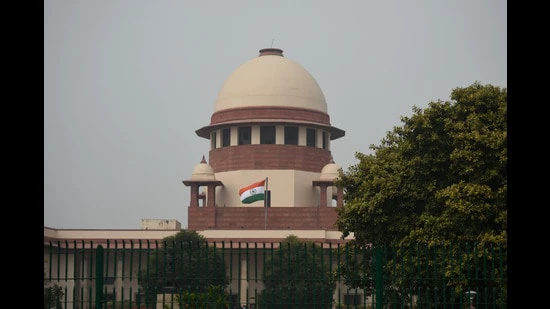The Supreme Court had ruled that consumer forums can enforce all their orders and not just interim ones, treating them like civil court decrees, plugging an 18-year legal loophole that had left thousands of consumer litigants with paper victories but no real relief.
A bench of justices JK Maheshwari and Rajesh Bindal clarified that the 2002 amendment to the Consumer Protection Act (CPA) wrongly curtailed the power of consumer forums by replacing the words “every order” with “interim order”, making it impossible for forums to execute their own final decisions. This error, the court held on Friday, had effectively robbed consumers of meaningful justice until Parliament corrected it in 2019. To bridge this gap, the court directed that Section 25 of the 1986 Act must be read as allowing enforcement of “any order”, thereby restoring the original position of law.
“The consumers of justice should feel that they have received justice in reality and not merely on papers,” the bench observed, stressing that orders of consumer forums must be enforced like decrees of civil courts under the Code of Civil Procedure.
The case arose from a long-running dispute involving flatbuyers of Palm Groves Cooperative Housing Society in Pune. The district consumer forum had in 2007 directed the builder to execute a deed of conveyance in the society’s favour, but the order was struck down by higher forums citing the 2002 amendment. The Supreme Court has now set aside those rulings, holding that such execution petitions were indeed maintainable.
Attorney General R Venkataramani, assisting the court, underlined the crippling effect of the 2002 amendment on consumers. Data showed that execution petition pendency in district forums shot up from 1,470 cases in 1992-2002 to 42,118 between 2003 and 2019, and further ballooned to 56,578 between 2020 and 2024, even after the 2019 correction. Pendency before state forums stood at 6,104 (2004-2024), and before the National Consumer Disputes Redressal Commission (NCDRC) at 1,945 (2011-2024).
Taking note of this backlog, the bench asked the NCDRC chairman to take steps for quick disposal of execution cases and appointed senior advocate Jaideep Gupta as amicus curiae to further study the enforcement framework.
